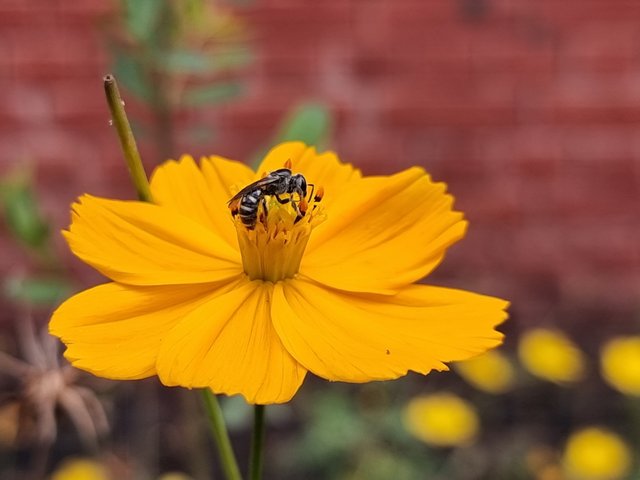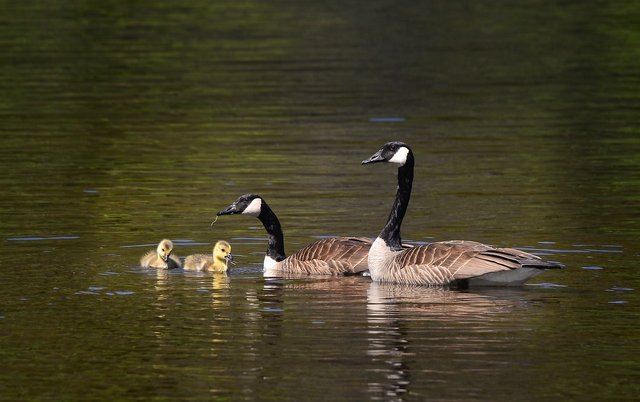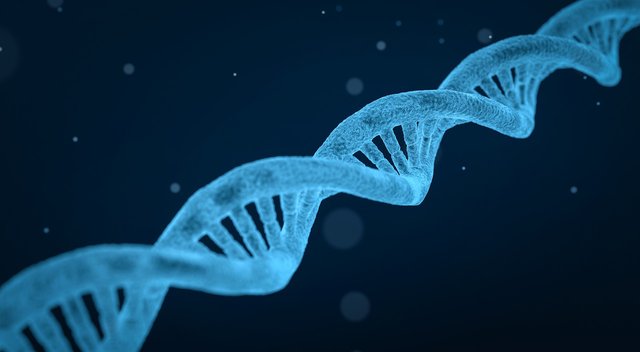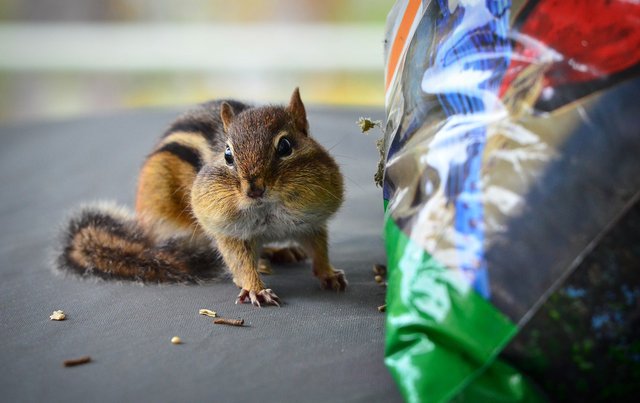The reasons for the onset of Biodiversity
clicked by me
Definition of biodiversity
In our world, different types of organisms live together in a certain area. Differences are observed in the genetic, species, ecological, etc. of living animals. And this difference is called biodiversity.
Reasons for the onset of biodiversity
There are various reasons behind the emergence of biodiversity. The Earth's climate is constantly changing, and due to the variations in the Earth's topography, it has an impact on the primitive limited species of living things, and from one species to another species. And due to the creation of new species, diversity is observed among the organisms.
Some of the causes and facts of Biodiversity
- Environmental factors
Different types of evolution are observed in organisms. Evolution gives rise to new species. Organisms of this new character are established in the environment after adapting to different environmental conditions. This results in the emergence of species with different characteristics from the main group. In short, we can say that this distinctive feature is biodiversity. And various elements of the environment such as light, humidity, heat, rainfall etc. play an important role in biodiversity. Excessive variation in these elements causes changes in the genotype and phenotype of the organism. After the various changes in the organism due to environmental changes, biodiversity is created when those traits persist.
- Hereditary factors
Each organism has certain hereditary traits. Genes play a role in keeping the characteristics of an organism intact. Organic genes change due to natural, artificial, physical, chemical reactions etc. Genes are mutated to create new varieties in plants. In this way, diversity is created among the plants. Genetic factors play a pivotal role in the diversity of living organisms.
Genetic factors behind the creation of biodiversity
| No. | Cause |
|---|---|
| 1 | Mutation |
| 2 | Chromosomal aberration |
| 3 | Polyploidy |
| 4 | Hybridization |
| 5 | Isolation |
| 6 | Human intervention |
- Mutations
The sudden change in some of the organisms of a species causes some major & permanent changes, and this leads to the emergence of new species. Such a genetic mutation is called a mutation. A mutation is a sudden hereditary change in one or more traits of an organism.
- Chromosomal aberration
Any change in the normal chromosome is called chromosomal aberration. Such changes can occur depending on the number of chromosomes, their structure, or according to their format.
- Polyploidy
An organism with two or more genomes is called polyploidy. In this case, if the cell plate is not formed during cell division, the number of chromosomes doubles and polyploidy is formed. This gives birth to make it possible to create seedless varieties.
- Hybridization
Hybridization can occur naturally in different organisms for a variety of reasons. New varieties and species are created by artificially hybridizing some species of plants. This creates diversity in the flora.
- Isolation
Hereditary patterns vary slightly due to geographical and reproductive differences in plants or animals. This gives rise to many new species and diversity.
- Human intervention
Due to the extensive use of modern technology, various scientific researches, chemical fertilizers in crop production, agricultural technology, nuclear experiments, etc. changes have taken place in the living world.
Conclusion
Apart from the reasons mentioned above, there are many other reasons for the diversity of the living world. Some of these are natural and some are man-made. Some species become extinct and some species become diverse. There is no end to research on biodiversity in a diverse world.
Reference - Advanced Biology : Biodiversity and Resource Conservation




Upvoted! Thank you for supporting witness @jswit.
